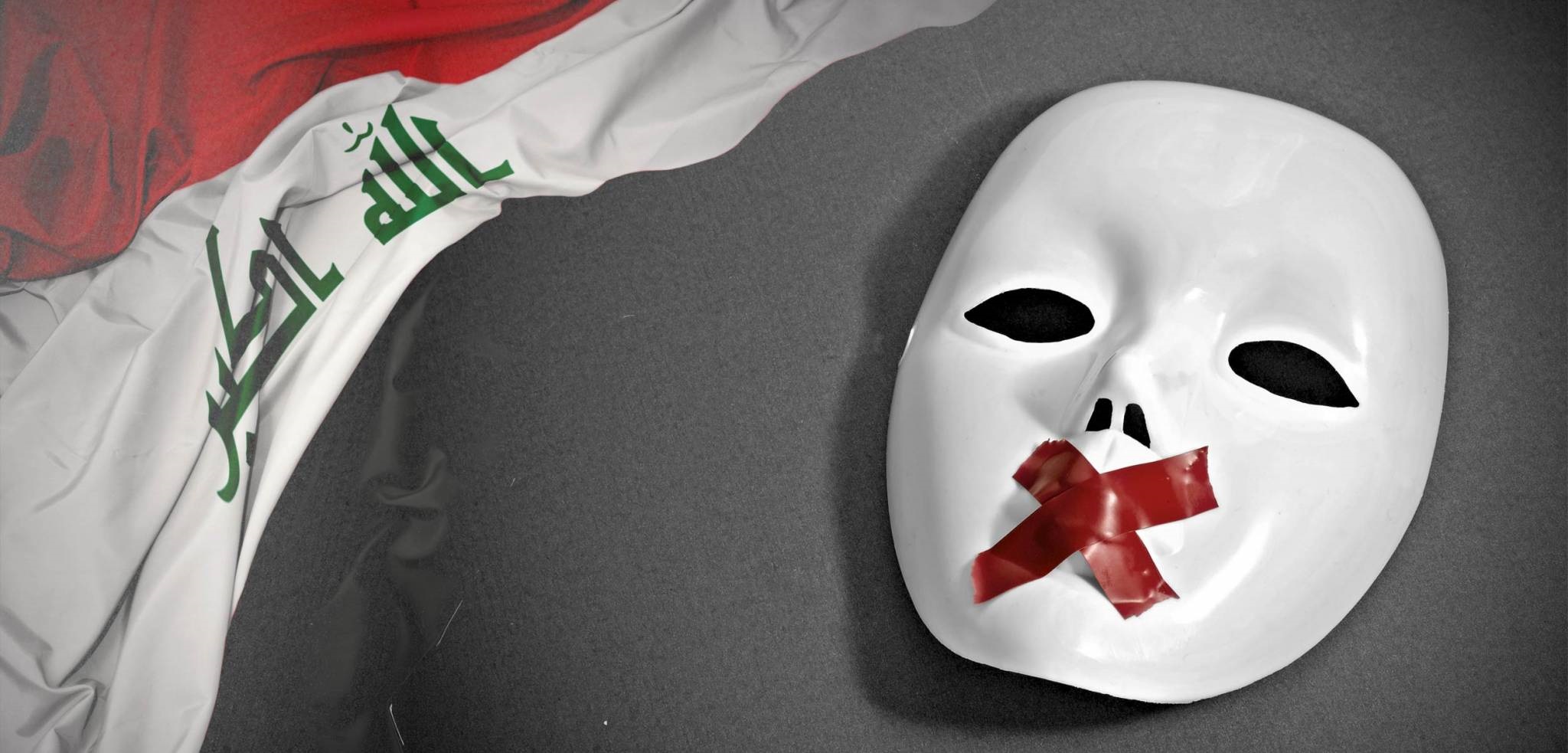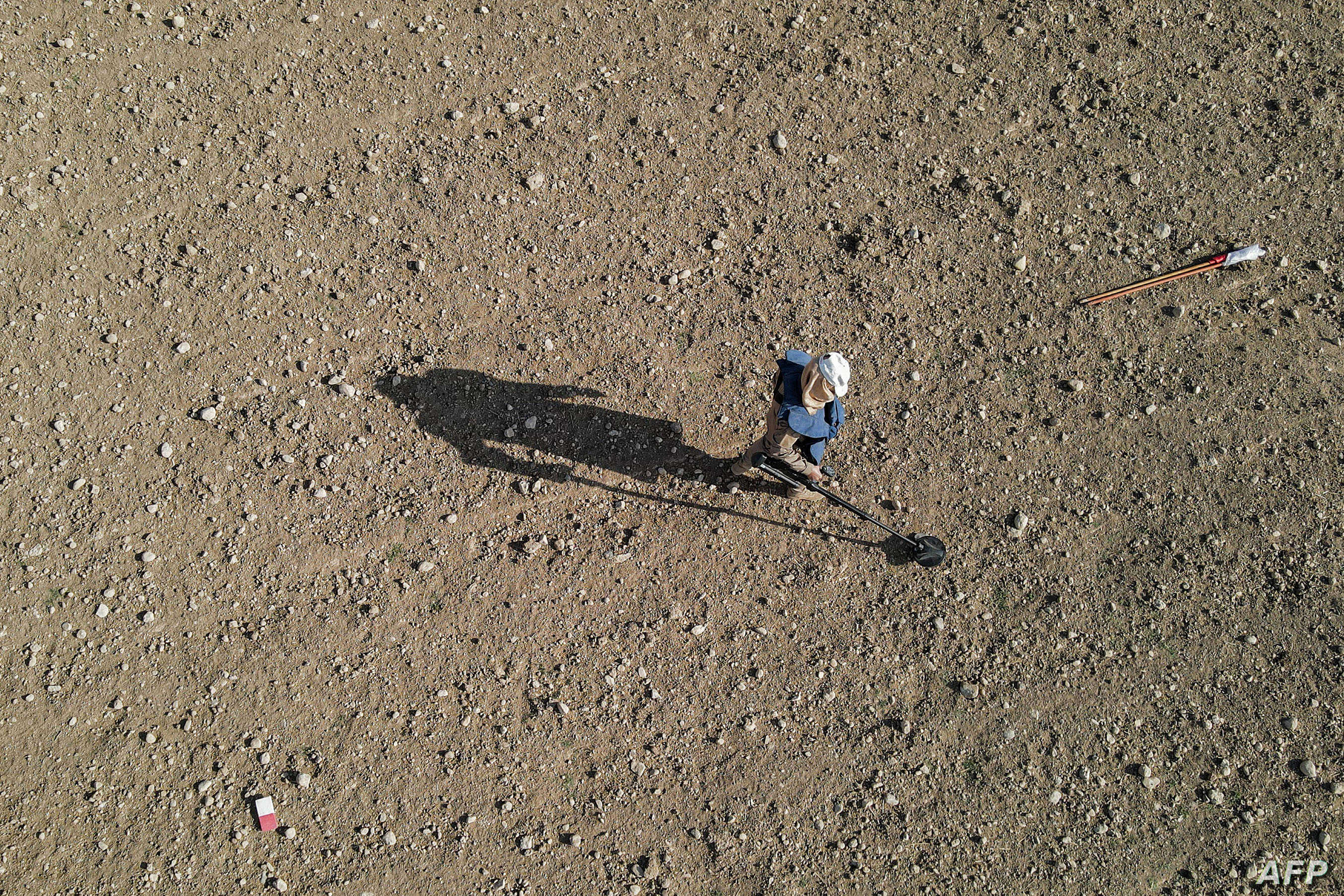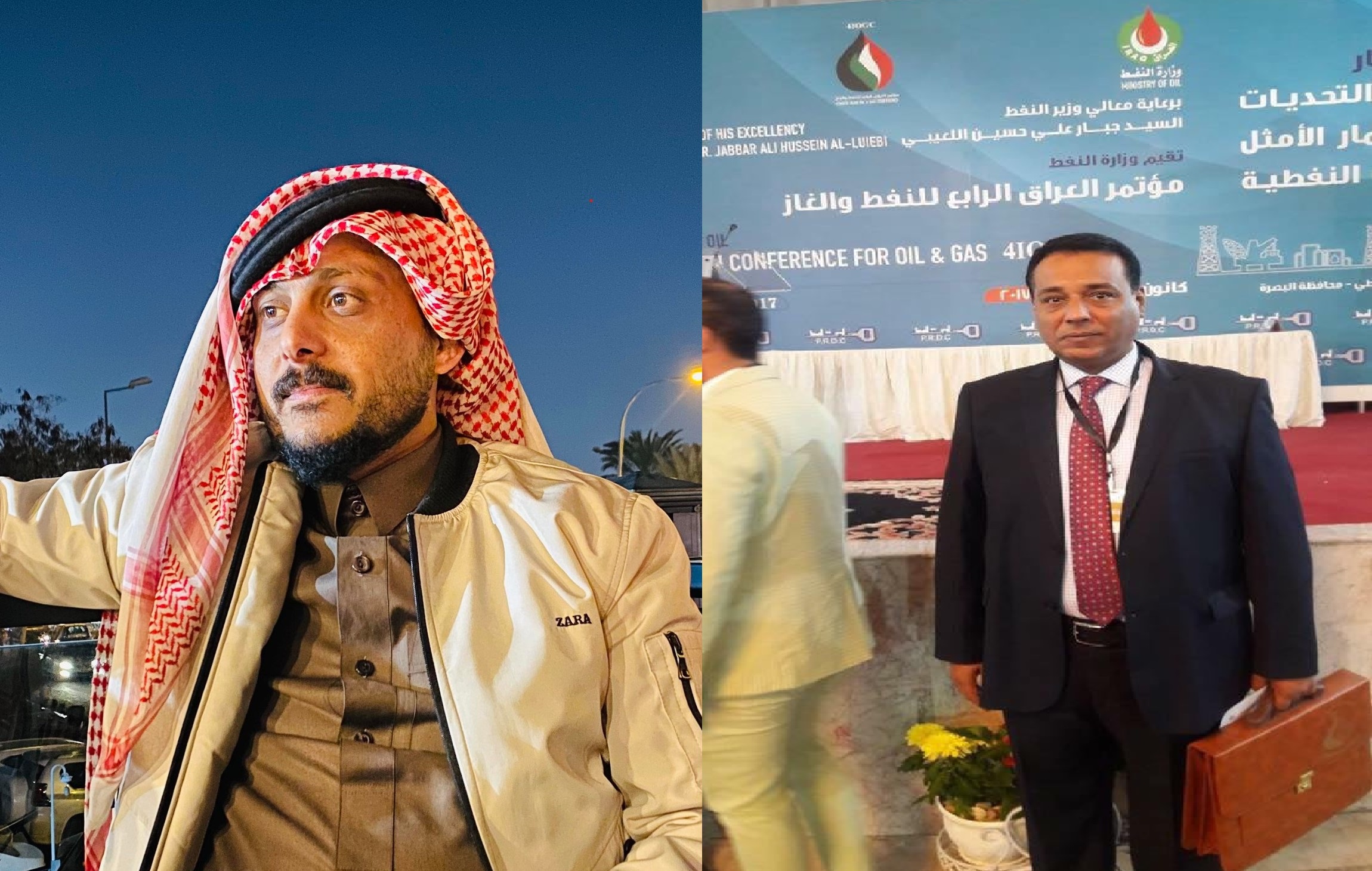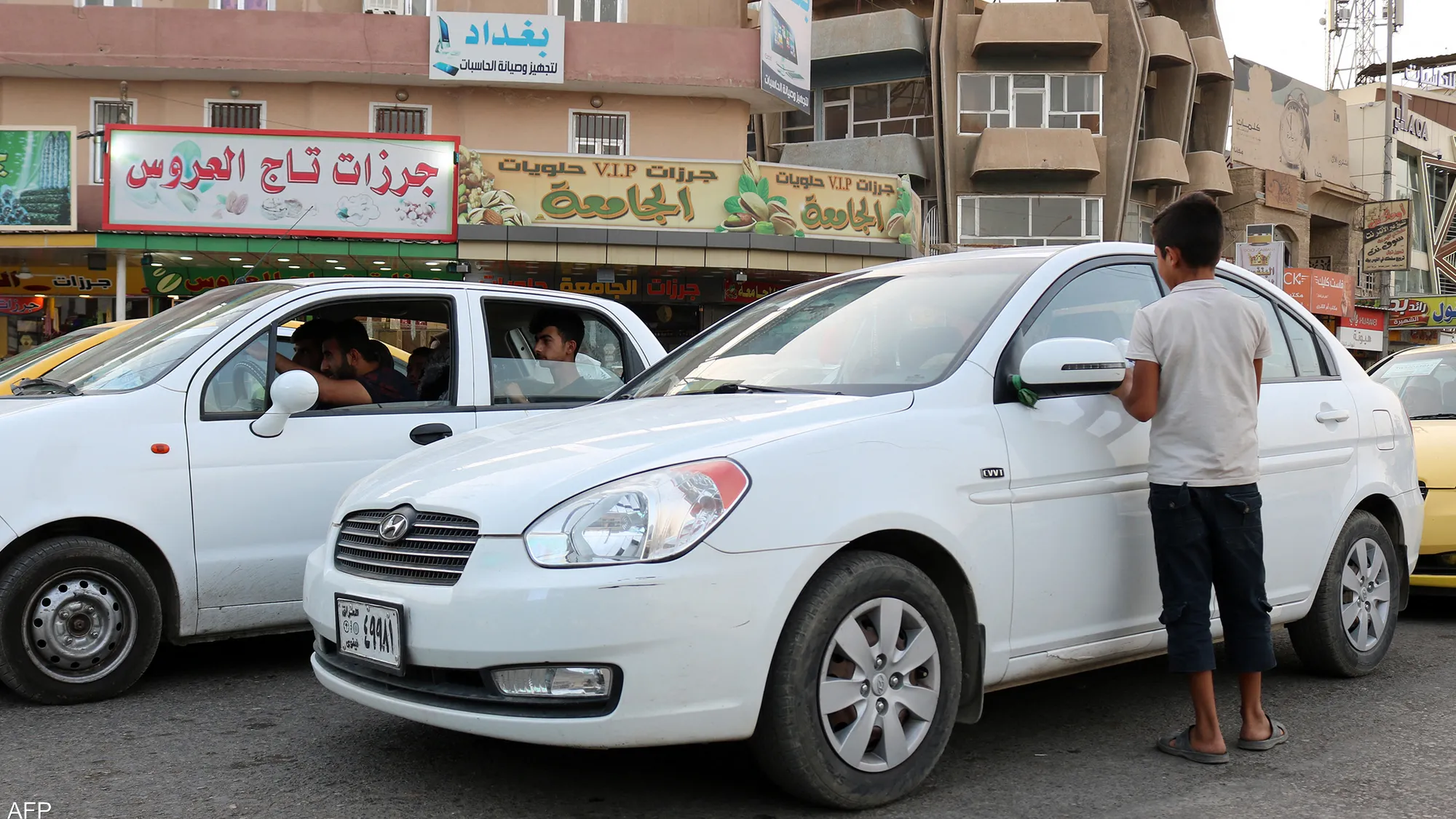The Iraqi Observatory for Human Rights said that freedom of press in Iraq is much lower than it should be in a country that raised the slogan of
democracy nearly 20 years ago, and its constitution guarantees the right to express opinion and obliges the authorities to protect it.
Hundreds of journalists and media professionals have been slain, pursued, detained, and even disappeared since 2003, with raids on media centers and the closure of several for reasons connected to the sort of coverage and editorial line.
From May 3, 2021 to May 2, 2022, The Iraqi Observatory for Human Rights observed a rise in the influence of parties with an interest in stifling freedom of expression and eroding the space for journalistic activity in Iraq.
In testimonies they gave to the Iraqi Observatory for Human Rights on the occasion of World Press Freedom Day (3 May), journalists, including victims of these violations, said that "the authorities, influential parties and extremist groups restrict press freedoms and expression of opinion and kept no effort to silence and deter journalists from researching many issues such as corruption, misuse of state resources and their exploitation for narrow interests, as well as the absence of opponents, coverage of popular protests, and other issues.
On May 9, 2021, an armed man shot Ahmed Hassan, a TV reporter in the head at close range, in the Diwaniyah Governorate in southern Iraq, and the murderer has not been arrested so far. Hassan works for Al-Furat local channel, owned by the National Wisdom Movement.
The office of LA-Taghier local Channel in Baghdad was evacuated on the 31st of May 2021, after its owner, Akram Zangana, received texts on his phone threatening him and his staff with death over a video clip of a channel presenter criticizing an armed group.
This incident was a big setback for Iraqi press freedom, and it became a worrying sign for the country's future democracy.
Rasim Karim, a correspondent for Dijla local channel, owned by politician and businessman Jamal Karbouli, was arrested and beaten by army soldiers inside the local government building in Dhi Qar on July 5, 2021, before being released two hours later.
On July 30, 2021, the Iraqi authorities closed the office of the Russian channel ''Russia Today'' in the capital, Baghdad, and detained its director, Ashraf Al-Azzawi, for hours before releasing him. The security authorities justified the arrest of Al-Azzawi and the closure of the office by not "possessing a broadcasting license." The Iraqi Observatory for Human Rights found no compelling justification to close the channel's Baghdad office, which has been open for nearly 15 years.
On July 28, 2021, a security force unit linked with the Iraqi Ministry of Interior invaded Al-Baghdadiya channel's headquarters in Baghdad, and arrested Ali Al-Dhahawi, the channel's presenter, before releasing him hours later. The channel is owned by Iraqi businessman Aoun Al-Khaslouk.
It is known that Al-Dhabawi in his program presented on Al-Baghdadiah channel criticizes the Iraqi authorities and parties, and hosts, personalities who express their views widely and frankly.
On September 5, security forces in Kirkuk governorate detained five journalists covering security incidents for Kirkuk Al-Aan TV channel (NRT), owned by businessman and politician Shaswar Abdul Wahed, and the official Turkish ANADOLU News Agency in AL- Dibis district.
Journalists on September 12, 2021, told the Iraqi Observatory for Human Rights, "The President of Dhi Qar University Yahya al-Khafaji prevented them from covering a protest sit-in for university professors and forced them to leave the university campus without covering the demonstration".
On October 28, 2021, an armed group stormed the headquarters of UTV local channel and threatened its staff. Neither the channel, owned by businessman and politician Khamis al-Khanjar, nor the Iraqi authorities knew the identity of the gunmen who raided the channel's office.
Journalists on October 9, 2021, informed the Iraqi Observatory for Human Rights of the disappearance of journalist Ali Abdul-Zahra in Baghdad. Two days later, Abd al-Zahra returned to his home in Baghdad and said: "Despite everything that has happened and may happen... I continue to believe in the state, because the state is the only mother who does not kill her children, but rather works to take care of them, not kidnap them".
On November 5, 2021, the staff of the Qatari Al-Jazeera channel was beaten by security forces covering the protests calling for the cancellation of the elections near the Green Zone.
The authorities did not stop at that, they detained Rehan Al-Mawsili, the channel's delegate to Iraq, and Johnny Tanios, a member of the crew.
She didn't let them go until their equipment was broken and they were attacked hours later.
On December 2, 2021, an anti-criminal force in Anbar Governorate arrested Al-Ahed TV correspondent, Majid Al-Fahdawi, for shedding light on the situation in the province. It is noteworthy that Al-Ahed channel is owned by "Asa'ib Ahl al-Haq" movement.
Al-Fahdawi's colleagues told the Iraqi Observatory for Human Rights that their colleague was subjected to pressure and harassment from influential people in the province to stop preparing reports that "offend the province".
On December 27, 2021, Mayor of Baghdad, Alaa Maan, filed a lawsuit against the presenter of Al-Rasheed local channel, Yasser Amer, before AL- Rusafa Court of First Instance, demanding financial compensation of a quarter of a billion Iraqi dinars (approximately $200,000), because of the program he presents and transmits poor services in the capital. Al-Rasheed TV is owned by businessman and politician Saad Assem Al-Janabi.
On April 4, 2022, Iraqi Ministry of Defense filed a lawsuit against UTV program presenter Ahmed Mulla Talal and actor Iyad Al-Taei for a scene in the program in which they criticized "corruption" in the military establishment.
Mulla Talal and Al-Taie appeared before the judge about a week after filing the lawsuit, and on the 10th of the same month, Tariq Al-Maamouri, head of the defense team for the defendants, said that " Third Karkh investigation court released journalist Ahmed Mulla Talal and artist Iyad Al-Taie by guaranteeing a personal pledge".
Concurrently, Media and Communications Commission decided to stop the program, but returned a few days later to lift the suspension, but Mulla Talal decided to stop his program during the remaining period of the month of Ramadan.
On the ninth of April 2022, Iraqi Media Network (a semi-official institution) announced the termination of the services of the journalist Saleh Al-Hamdani from working in the network his publication ten years ago on his Facebook account that mocked a gathering in memory of the late cleric Muhammad Baqir al-Sadr.
The letter of services' termination stated: "It was decided to terminate Saleh Hussein Ali Al-Hamdani's services from working in the network for violating Article 5, which stipulates the promotion and support of democratic principles and practices and encourages acceptance of the other opinion and a culture of tolerance".
All of these cases, some of which were confirmed by video and audio, and the Iraqi Observatory for Human Rights reviewed their details and listened to documented testimonies about them, related only to the work and activities of those who were targeted.
All those the Iraqi Observatory for Human Rights spoke to in preparing this report said, "The authorities misused the law, whether when they arrested journalists during the past year in the streets in their field work or in their places of residence, and did not commit to informing them to summon their complained members to the courts as a first course before bring them by force".
They also criticize what they describe as "the authorities' complete neglect and inaction in carrying out their duties regarding the incidents of shooting, harassment, prosecution and threats against journalists by armed men believed to be affiliated with influential parties, ruling political parties and armed factions, despite the existence of evidence that leads to the murderers.
Dozens of journalists were forced to migrate from southern and central Iraq to Kurdistan or to other countries, after being threatened, persecuted, and their colleagues were subjected to. These journalists complain during their testimonies to the Iraqi Observatory for Human Rights, about "the abundance and intertwining of red lines that, if they cross, will either be killed or threatened".
This feeling surrounds journalists working inside Iraq. The Iraqi Observatory for Human Rights spoke to them to get their opinions as well. The Observatory has previously called on Parliament, in its new fifth session, to liberalize the laws on freedom of expression and the right to obtain information from its inclusion and legislation to establish an appropriate atmosphere for the press in Iraq, but so far to no avail.
The Iraqi Observatory for Human Rights asserts that without these two laws, as well as without the authorities' commitment to their legal and constitutional duties, Iraq will remain at the bottom of international reports that respect press freedom and the right of opinion. On the occasion of World Press Freedom Day, the observatory renews its demand to legislate them (Law on Freedom of Expression and Right to Information), as soon as possible.
The Iraqi Observatory for Human Rights calls on the concerned authorities to ensure the security of journalists and media and to follow legal means in summoning them to police stations or courts in case they commit violations related to their work by informing them of the necessity to attend these facilities and not to arrest them from their homes or from the streets.
The observatory also stresses the need to amend paragraphs in the current Iraqi penal code that restrict press freedom and enable influential people to exploit them against journalists.
Paragraphs in the Iraqi Penal Code of 1969 allow for a fine, imprisonment and even execution for those convicted of “insulting” the President of the Republic, Parliament, or the government. This law also imposes a seven-year prison sentence on anyone who "insults" courts, armed forces, public authorities, or government agencies. These are elastic terms that allow being a limitation on freedom of expression.
Legal experts who spoke to the Iraqi Observatory for Human Rights indicated that there is a conflict between those paragraphs of the Penal Code that was written decades ago by governments that are inclined to restrict freedom of expression and harass their opponents and anyone who criticizes them and even execute them after sham trials, and the effective constitution that guarantees freedom of expression.
The Iraqi Observatory for Human Rights said that "the articles of the Penal Code of 1969, which are, respectively, 81 - 82 - 83 - 84 - 201 - 202 - 210 - 211 - 215 - 225 - 226 - 227 - 403 - 433 - 434, are loose and can be manipulated according to personal whims to lead the accused to severe penalties that are not commensurate with the level of their violations and the damage resulting from them if any".
The Iraqi Observatory for Human Rights stresses the importance of not restricting press freedom in Iraq, respecting those working in the press sector and respecting freedom of opinion and expression, as democratic systems are not built without press freedom.




